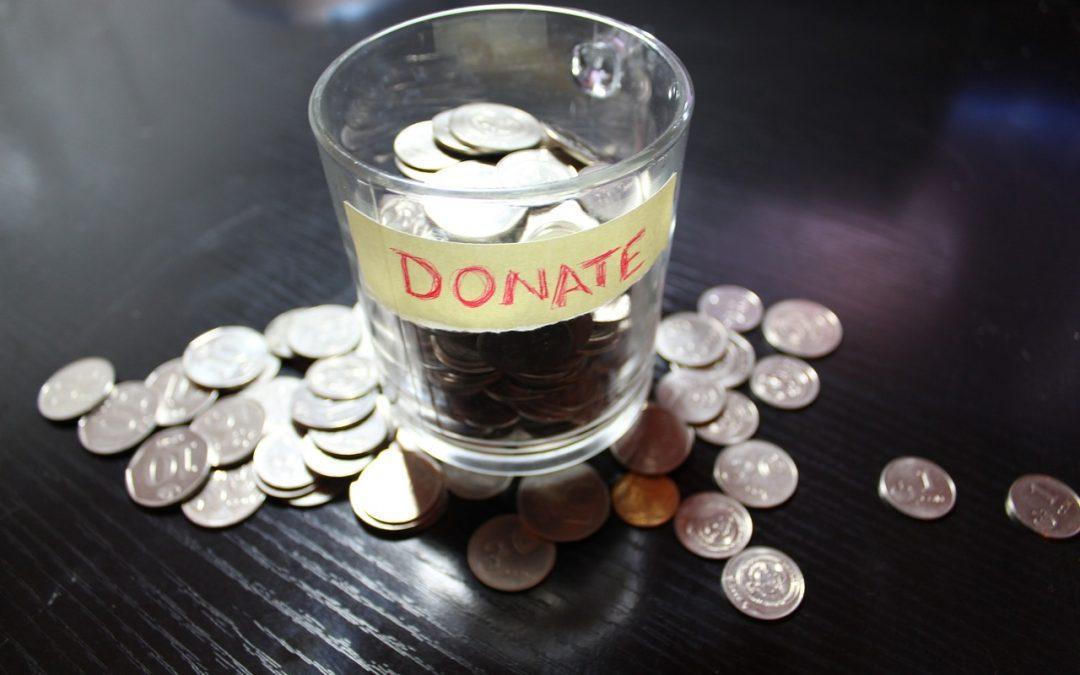DBS checks for charities: safeguarding vulnerable groups
The nature of the sector means that DBS checks for charities are often required as part of safeguarding measures. For many charities who work with children and/or vulnerable adults, DBS checks will be crucial in determining the suitability of staff and volunteers.
But there can be a lot of confusion around DBS checks for charities. The legislation, and the many myths about DBS checks, can leave charity leaders in a muddle over who’s eligible for checks, and which level they need.
We’ve created the following guide to make the process clear and understandable.
Who needs a DBS check?
Determining who is eligible for a standard or enhanced DBS check rests largely on the nature of the charity, and the role the candidate is applying for. Charities will need to consider these two points when deciding which level of check is most suitable.
The nature of the charity
If the charity works with vulnerable adults or children, it may affect who’s eligible for a check within the organisation. Trustees of these charities would typically be eligible for an enhanced DBS. This level of check will detail both spent and unspent convictions, as well as any cautions, warnings or reprimands the applicant has received.
If the charity is concerned with vulnerable adults or children, it’s likely that other employees or volunteers will be eligible for a standard or enhanced DBS check. However, this eligibility will rest on the nature of their job role, rather than the organisation.
The nature of the role
When requesting DBS checks for charities, whether or not staff and volunteers (other than the charity’s trustees) are eligible will depend on the nature of their role. To be eligible for an enhanced check they would usually need to be working in regulated activity with either children or vulnerable adults.
This is a broad term, but generally encompasses those working in close contact with these vulnerable groups. For example, providing care or support work or driving a vehicle solely to convey children or vulnerable adults would be classed as working in regulated activity.
If an individual is not engaging in regulated activity with either of these vulnerable groups, then their eligibility for a check would be set out in legislation under a specific position/role. To confirm if a specific role is eligible for a standard or enhanced DBS checks, charities can use the DBS eligibility tool via the Disclosure and Baring Service website.
What can you do if someone isn’t eligible?
If you have confirmed that an individual isn’t eligible for an enhanced or standard DBS check, then you can request a basic check on their behalf.
A basic check can be requested for any applicant who isn’t eligible for a higher level of check, and will detail any unspent convictions they have, most commonly referred to as anything recent or serious.
This will either be issued by the DBS or Disclosure Scotland, depending on where the applicant is living and working.
Is the eligibility different for volunteers?
The simple answer is no. When determining which level of check an applicant is eligible for, their volunteer status will most likely not be relevant. However, if the applicant meets the DBS volunteer requirements then their fee will be waived, meaning these checks are cheaper than checks for paid members of staff.
How can charities obtain DBS checks?
So, now you know who is eligible for which check, how can you start requesting them?
When requesting DBS checks for charities, most organisations will need to register with an umbrella body, such as uCheck, in order to process their checks.
They will then be able to apply for checks through the registered body. With uCheck, you can complete a DBS application form online, meaning you’ll avoid lengthy postal delays. Once the application has been completed and approved, it will be sent to the DBS for vetting.
Charities requesting DBS checks should also confirm criminal record checking policies with any regulatory bodies they’re aligned with to ensure compliance with any policies in place. This is particularly important for determining when checks for existing staff and volunteers should be renewed.
DBS checks for charities: a summary
DBS checks for charities can be confusing – but by following the points below, the process should be easier to navigate.
- Consider the nature of the charity, and whether this will mean trustees are eligible for enhanced DBS checks.
- Evaluate the role of each employee or volunteer to determine which level of check they’re eligible for.
- Register with an umbrella body, such as uCheck, to start requesting checks.
- Consult any regulatory body your organisation is aligned with to confirm their criminal record checking policies.
Looking to get started requesting checks? Register here – it takes less than five minutes!
Have any questions? Please get in touch – our support team will be happy to help.







